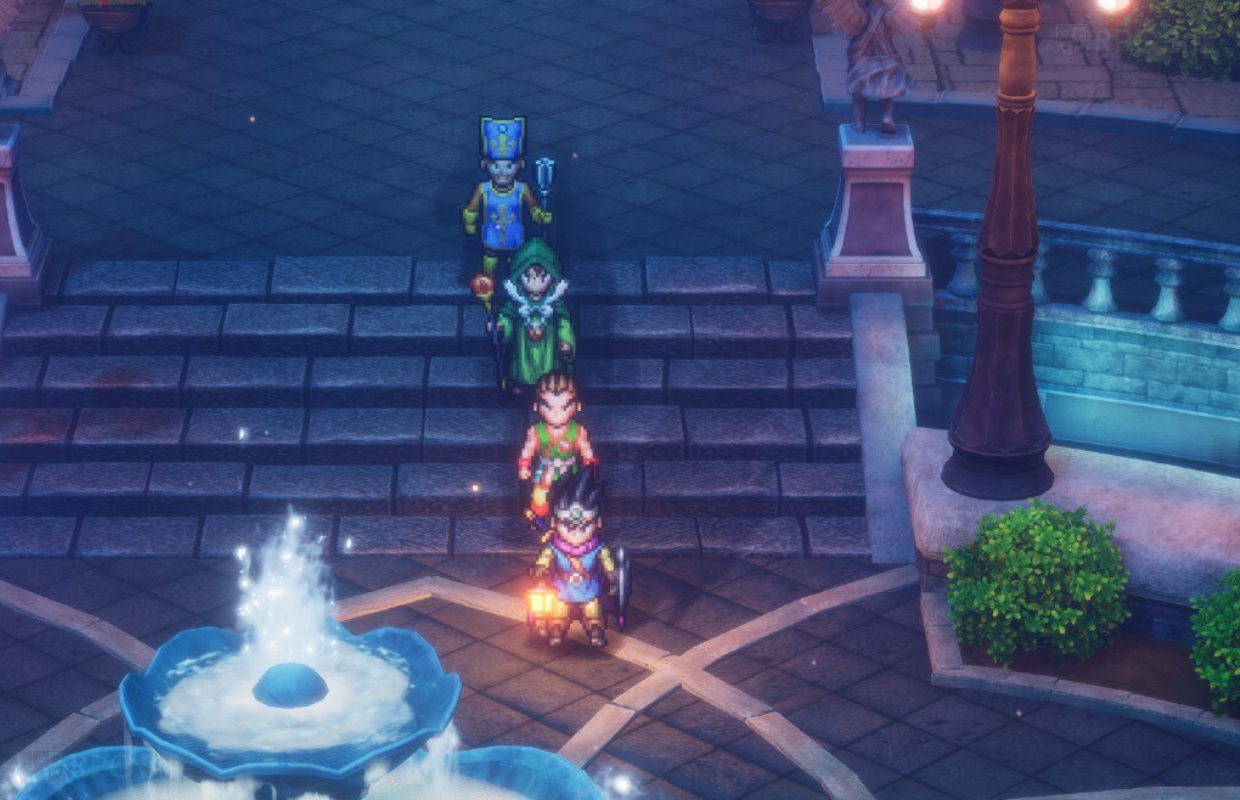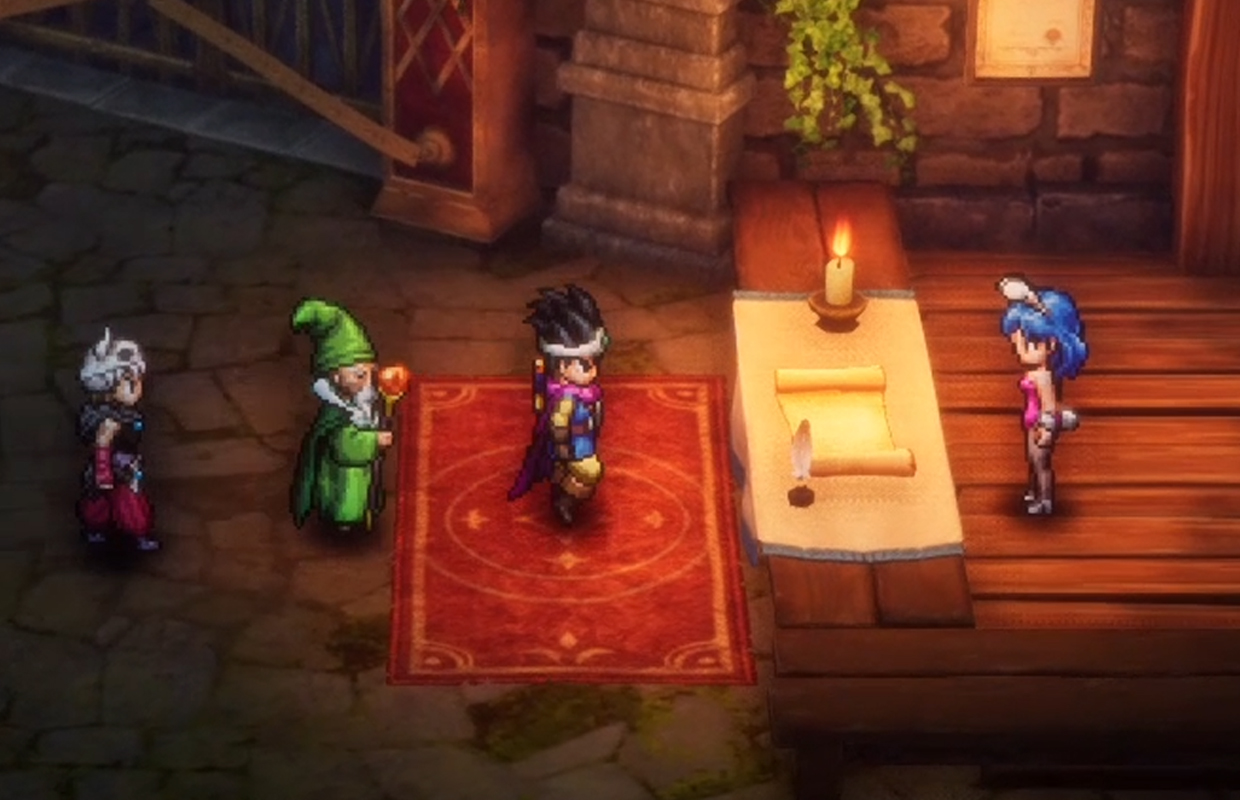

I mean, if you’re talking about fake ass twitter accounts and grifting, they did that in plain sight.
But these strategies should be well known by the democrats by now and they aren’t invulnerable to counteracting. It’s simply the case that less people showed up to vote this election than previous ones, I guess.
























Off topic, by why in god do people refer to the democrats as the DNC as if it’s the acronym for the democratic party?
It’s a bit like someone calling every piece in chess a “pawn”. It’s not right technically, and it sounds dumb.